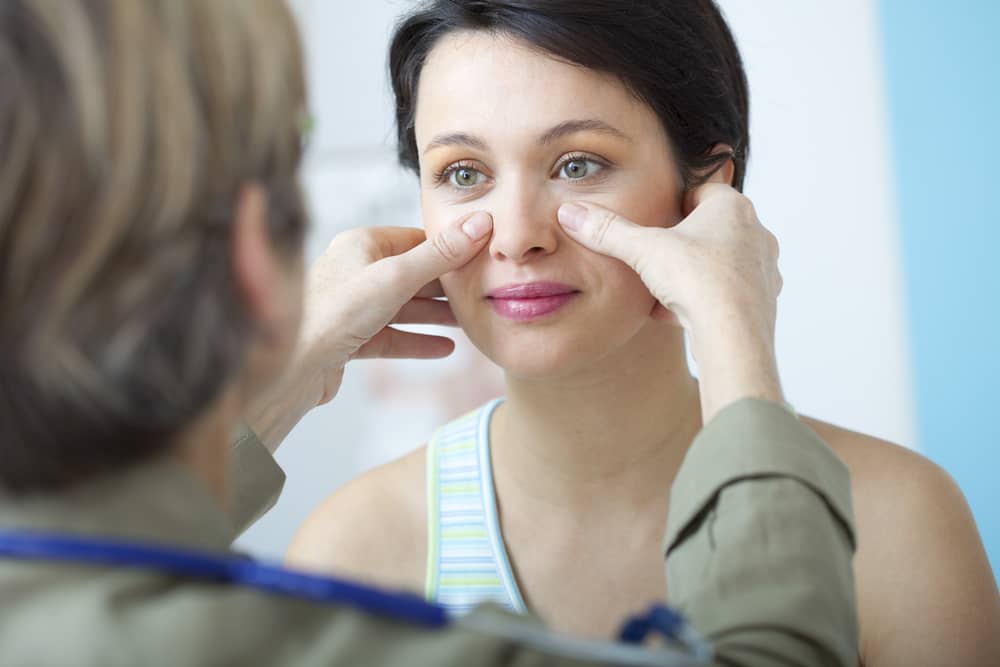After rhinoplasty, you’ll naturally be eager to see your results as soon as possible. But recovery from a nose job takes time, and it’s important to give yourself plenty of time to rest and heal.
When Can I Return to Work After Rhinoplasty?
Many people with desk jobs find that 10 days is the magic number for returning to work after rhinoplasty. But you might find that you’re ready to go back to the office just seven days after surgery. Alternatively, you might want to wait a full two weeks before your return to work.
There are some signs to look out for that can give you an idea of whether it’s time to return to work or not. One is bruising. If you have noticeable bruising under the eyes, you may want to postpone your return.
Another is how you feel overall. Don’t feel pressured to return to work until you’re ready to give your full attention and energy to your tasks.
It can be a good idea to do as much as you can to complete work projects before you take time off for your surgery. Also, make sure you have someone who can cover your accounts and responsibilities while you’re recuperating.
How Soon Can I Go Back to School After Rhinoplasty?
If you’re still in school, you’ll probably also need 10 days off to recover. However, you might need more or less time off from school, depending on how your recovery progresses.
Since 10 days can be a lot of class time to miss, you might consider scheduling rhinoplasty for a time when you’ll have a few days off. Winter or spring break can be ideal, as can summer vacation.
When Can I Work Out After Rhinoplasty?
One of the last activities you can resume after rhinoplasty is strenuous exercise. While your surgeon will likely clear you to engage in light activities after a few days, such as walking or gentle stretches, you’ll want to wait at least four weeks before you return to the gym.
Some types of exercise, such as swimming or team sports, require special care and consideration. If you play a sport that involves balls flying through the air, you might want to wait six weeks before resuming your practice schedule.
It’s also a good idea to wait about six weeks before you hop in the pool and swim a few laps.
How Much Pain Can I Expect During the First Week?
You might experience some discomfort during the first week after rhinoplasty. Most patients find that the pain or discomfort isn’t enough to cause them much distress.
For many people, an over-the-counter pain reliever, such as Tylenol, helps to minimize discomfort during the first week. If Tylenol isn’t sufficient, Dr. Glasgold can prescribe pain medications. It’s important to avoid NSAID pain medicines such as ibuprofen or aspirin after surgery.
Your activities after rhinoplasty will also affect your comfort levels. Resting and following your surgeon’s instructions will help make your recovery as comfortable as possible.








